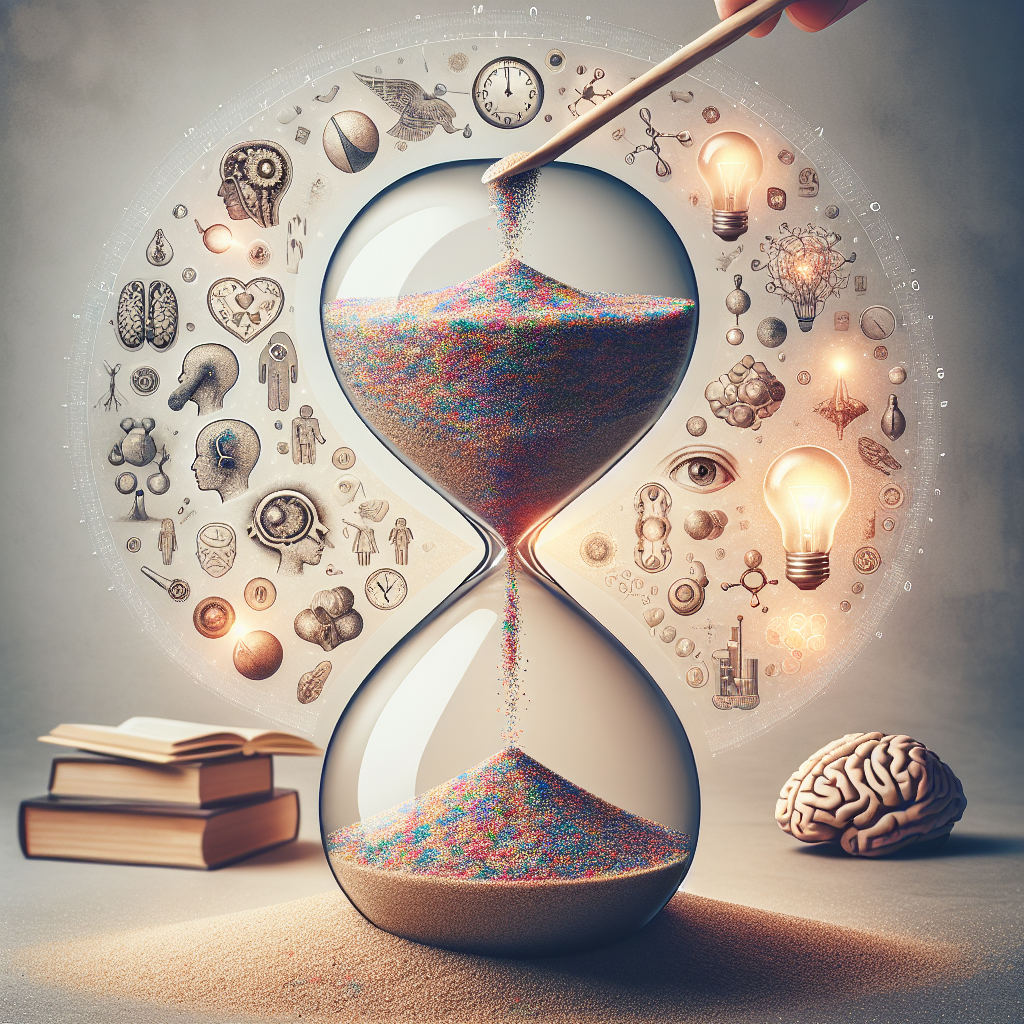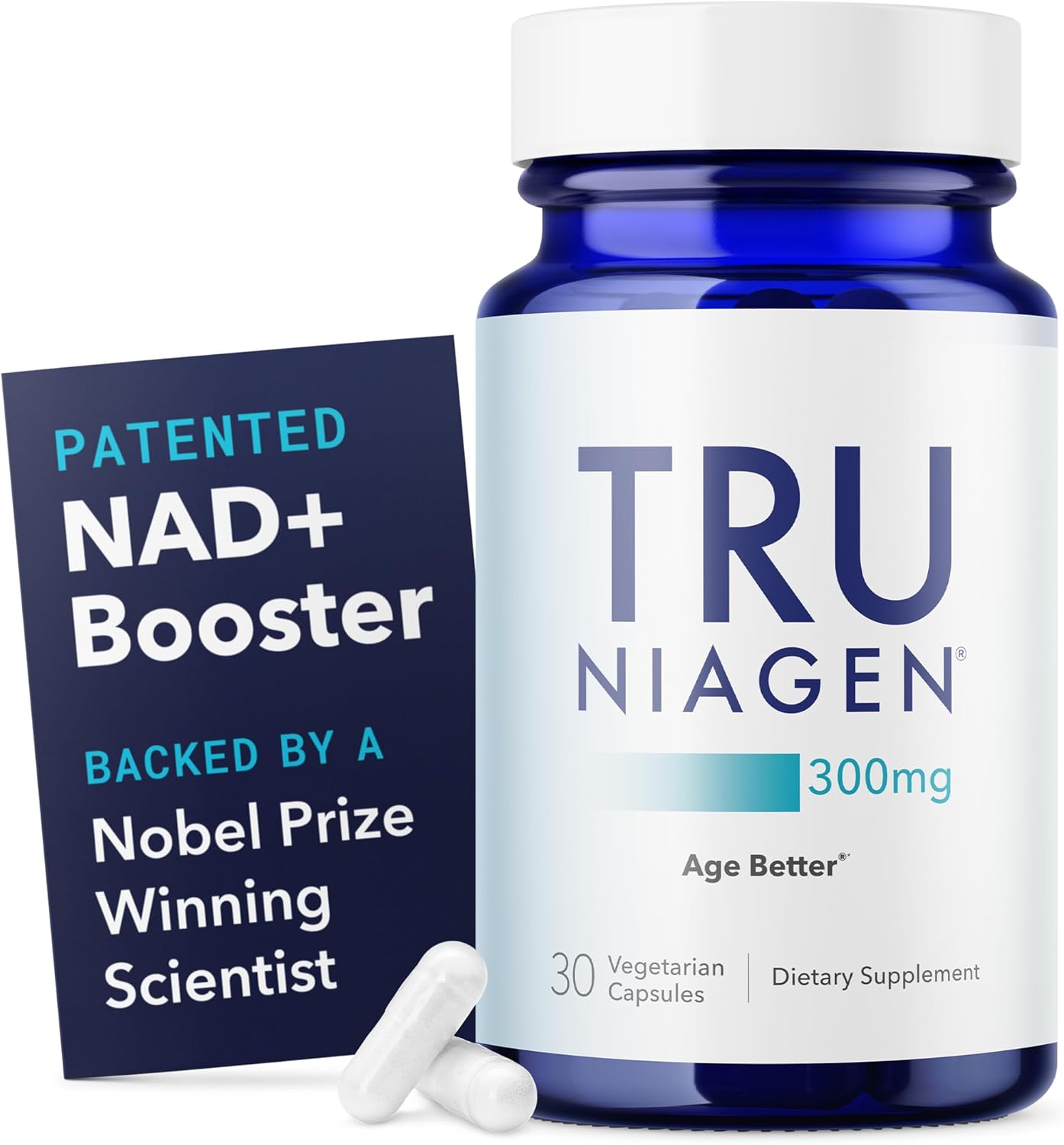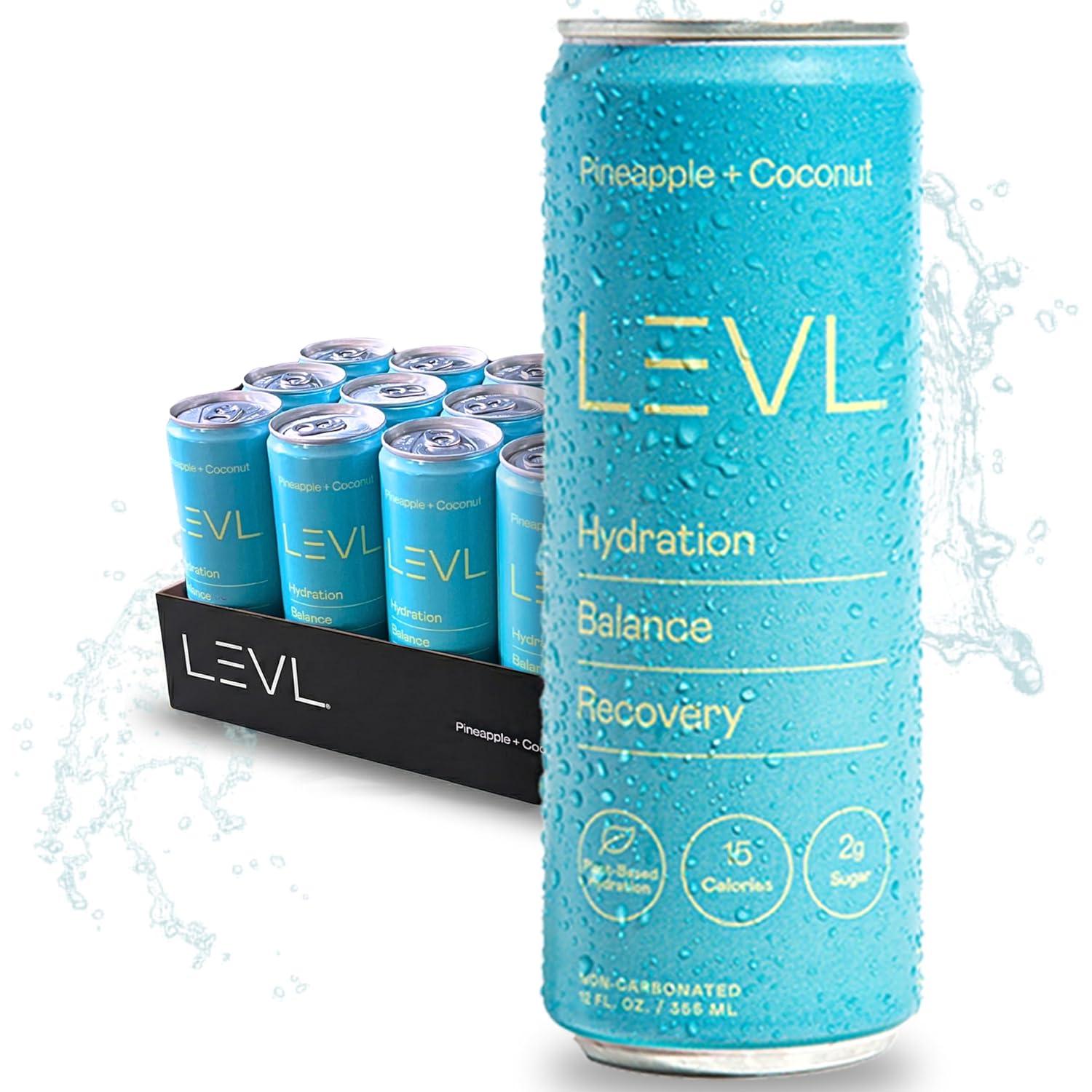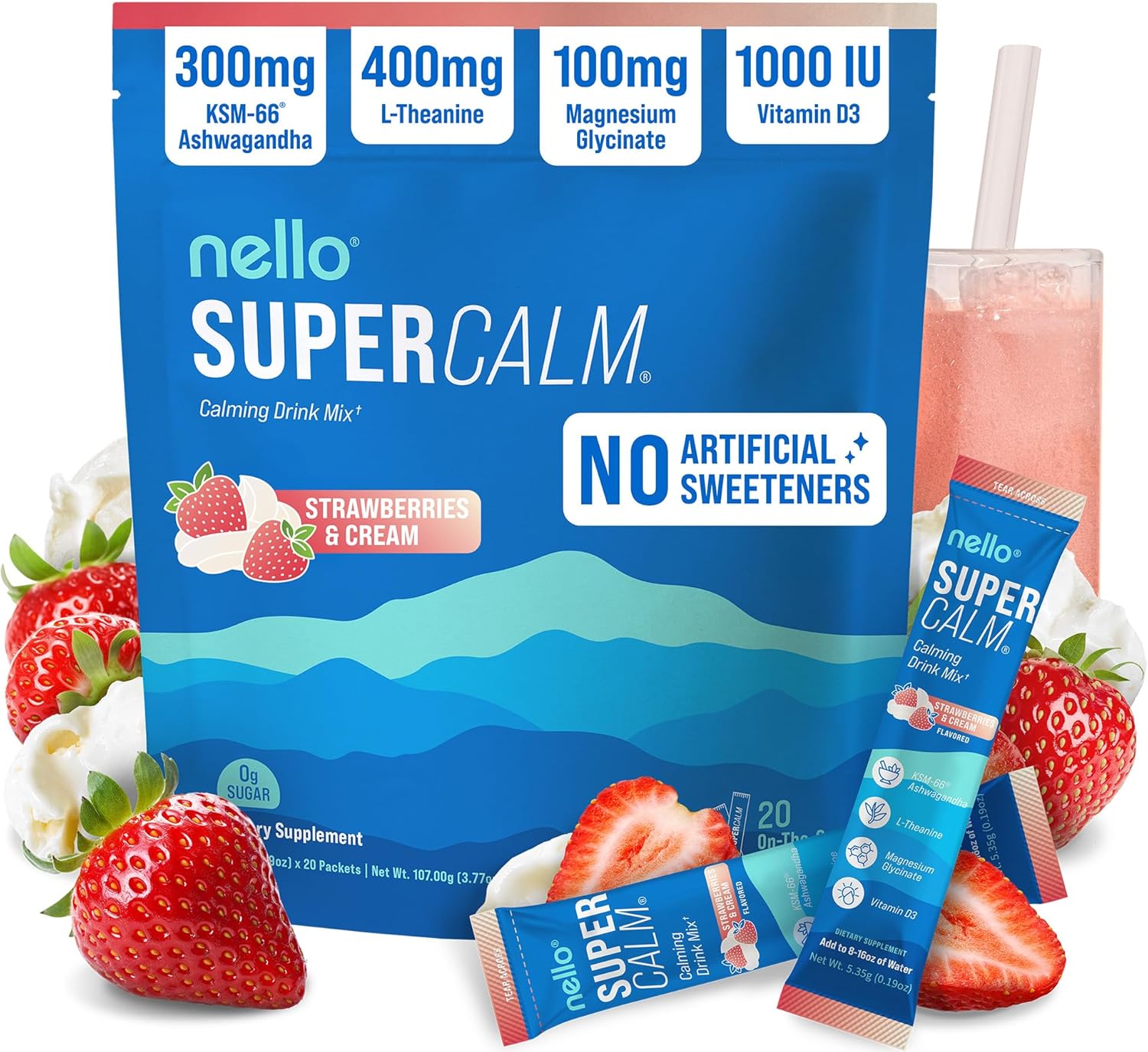Cognitive abilities are essential for daily living, influencing our ability to learn, remember, and solve problems. As we age, these abilities naturally go through various changes, some of which can be a source of concern. But how do age and cognition correlate? In this article, we will explore the intricate relationship between aging and cognitive performance, focusing on how our minds evolve over time and what we can do to stay mentally sharp.
The Cognitive Landscape: What Happens as We Age?
As we grow older, numerous factors affect cognitive performance. Cognitive functions include memory, attention, processing speed, and reasoning abilities. Scientifically, they can be categorized into two types:
- Fluid Intelligence: This includes the ability to think abstractly, reason, and solve problems. Generally, fluid intelligence peaks in early adulthood and slowly declines thereafter.
- Cristalized Intelligence: This refers to the accumulated knowledge, experiences, and skills gained over a lifetime. Interestingly, crystallized intelligence often continues to grow as we age.
So, while fluid intelligence may decline, our life experiences foster growth in crystallized intelligence, making cognitive aging a complex process.
Common Cognitive Changes with Age
It’s essential to understand the typical changes that may occur as we age:
- Memory Challenges: Short-term memory tends to decline more noticeably than long-term memory. This may make it harder to recall recently learned information.
- Processing Speed: The speed at which we think and process information often slows down. This might lead to frequent pauses during conversations or trouble multitasking.
- Attention Span: Older adults may find it harder to focus on multiple tasks simultaneously. Distractions can divert attention more easily.
- Problem Solving: While older adults may have rich life experiences, they may approach problems differently, sometimes leading to challenges in innovative thinking.
Factors Influencing Cognitive Aging
Several factors can influence cognitive performance as we age:
1. Genetics
Our genetic makeup plays a significant role in cognitive longevity. Some individuals may have genes associated with better brain health and resilience to cognitive decline.
2. Lifestyle Choices
Healthy lifestyle choices, including diet, physical activity, and cognitive engagement, can have a profound impact on maintaining cognitive function. Diets rich in omega-3 fatty acids, fruits, vegetables, and whole grains support brain health.
3. Mental Engagement
Staying mentally active through reading, puzzles, or learning new skills can help maintain neural connections and cognitive function. The brain is like a muscle; it needs exercise to stay strong.
4. Social Engagement
Social connections are vital for cognitive health. Engaging with friends and participating in group activities can reduce feelings of loneliness and depression, directly benefiting cognitive function.
5. Sleep Patterns
Quality sleep is crucial for cognitive health. Sleep disturbances can lead to memory challenges and decreased cognitive performance. It’s essential to prioritize a good night’s sleep, especially as we age.
Strategies to Enhance Cognitive Health as You Age
Fortunately, there are many proactive steps you can take to enhance cognitive health as you age:
- Regular Physical Activity: Aim for at least 150 minutes of moderately intense aerobic activity each week. Activities like walking, swimming, or yoga can significantly enhance brain functionality.
- Healthy Diet: Incorporate a variety of brain-boosting foods into your diet, such as leafy greens, fatty fish, nuts, and berries.
- Mental Challenges: Engage in brain-training exercises, including crossword puzzles, Sudoku, or learning a new language or musical instrument.
- Mindfulness and Meditation: Practice mindfulness techniques to reduce stress and enhance focus. Even simple meditation practices can significantly impact cognitive performance.
- Stay Connected: Foster relationships with family and friends. Join clubs or community groups to maintain a strong social network.
The Road Ahead: Staying Cognitive for Life
Understanding how aging affects cognition can empower you to adapt and implement strategies that enhance your mental agility. While some cognitive decline is a natural part of aging, it is not inevitable. By adopting a holistic approach encompassing physical, mental, and emotional well-being, you can maintain and even enhance your cognitive function well into your golden years.
Conclusion
The intersection of age and cognition reveals both challenges and opportunities. As you age, recognizing the changes in your cognitive performance is vital. By focusing on mental and physical health, engaging socially, and staying mentally active, you can navigate the aging process with grace and cognition. Aging is not just about decline; it can also be a time of growth, learning, and enhanced wisdom.
FAQs About Age and Cognition
1. Is cognitive decline inevitable with age?
No, while some decline is common, many individuals maintain cognitive function well into later life. Lifestyle choices play a crucial role in this.
2. How can I improve my memory as I age?
Engage in mental exercises, maintain a healthy diet, stay physically active, and ensure you get quality sleep. These steps can help enhance memory.
3. What role does diet play in cognitive health?
A diet rich in antioxidants, healthy fats, and vitamins is essential for brain health. Foods such as fish, nuts, fruits, and vegetables support cognitive function.
4. Can socializing help maintain cognitive function?
Absolutely! Staying socially engaged helps reduce depression and stress, which can negatively impact cognitive health.
5. When should I be concerned about cognitive decline?
If you notice significant changes in memory, decision-making, or daily functioning, it’s essential to consult a healthcare professional for evaluation.





